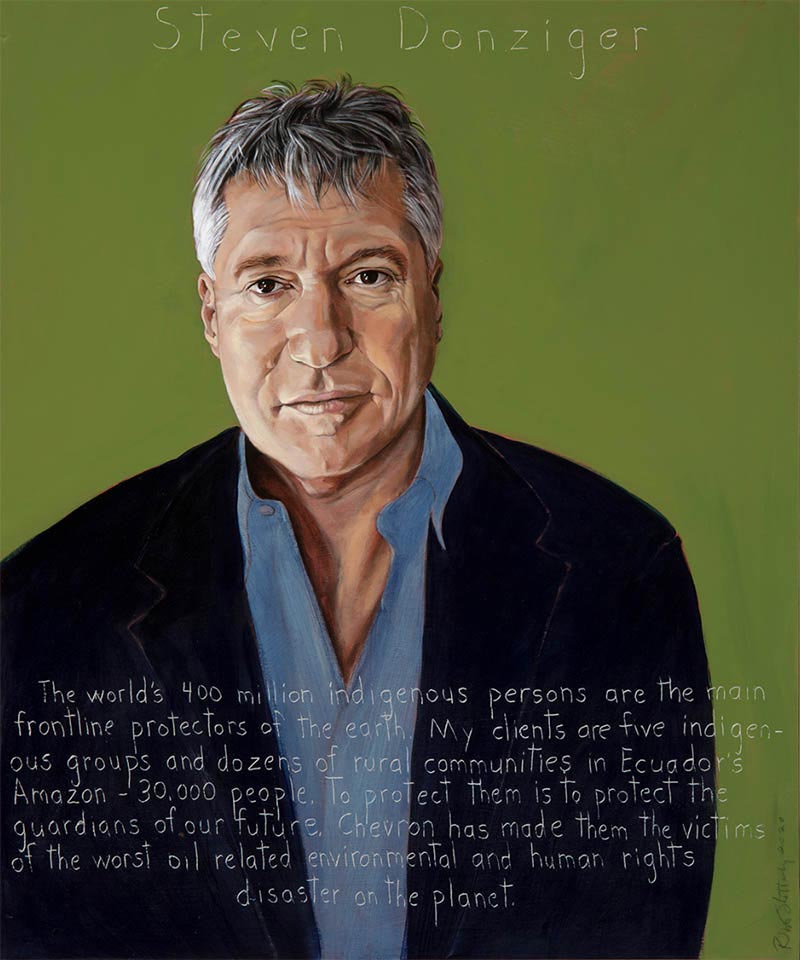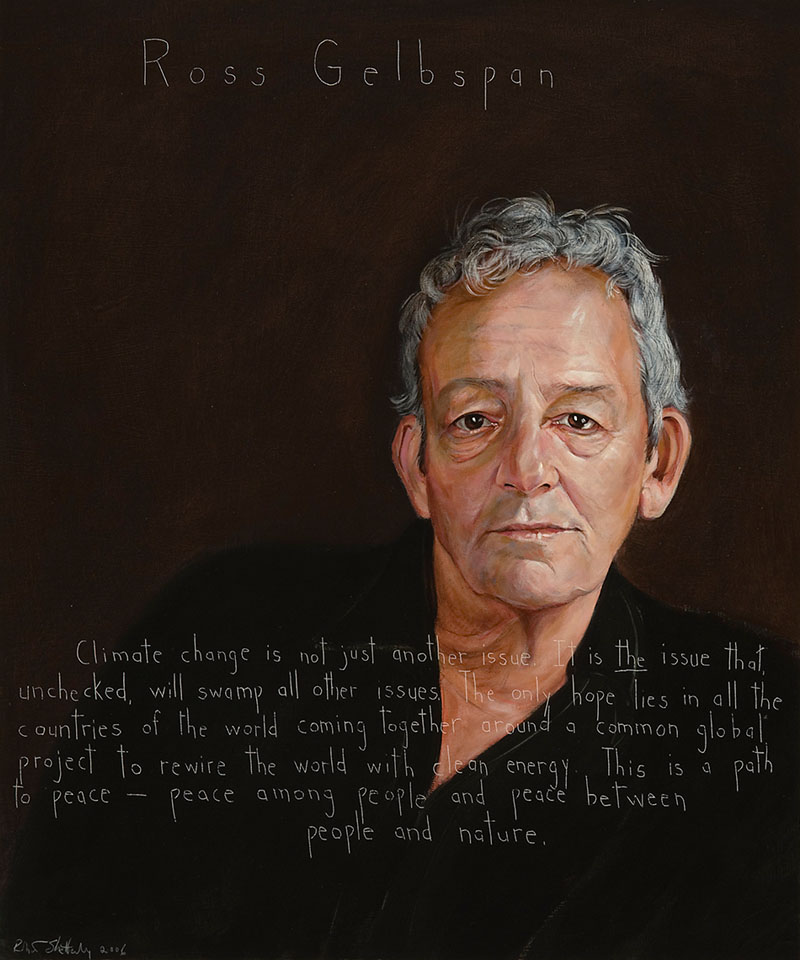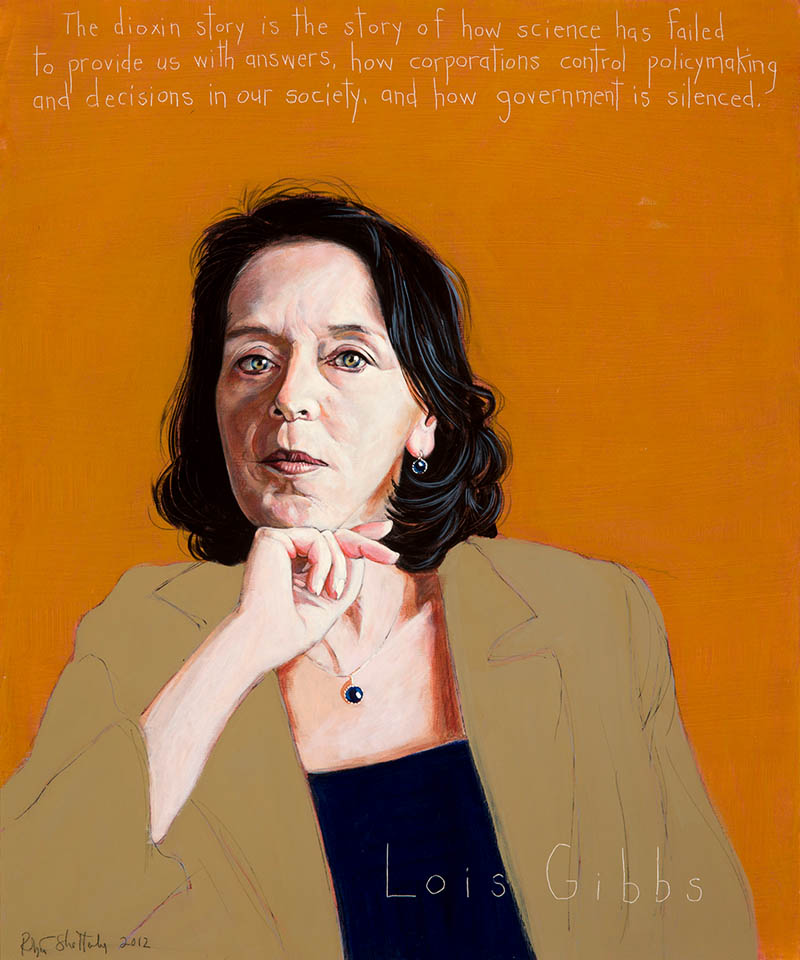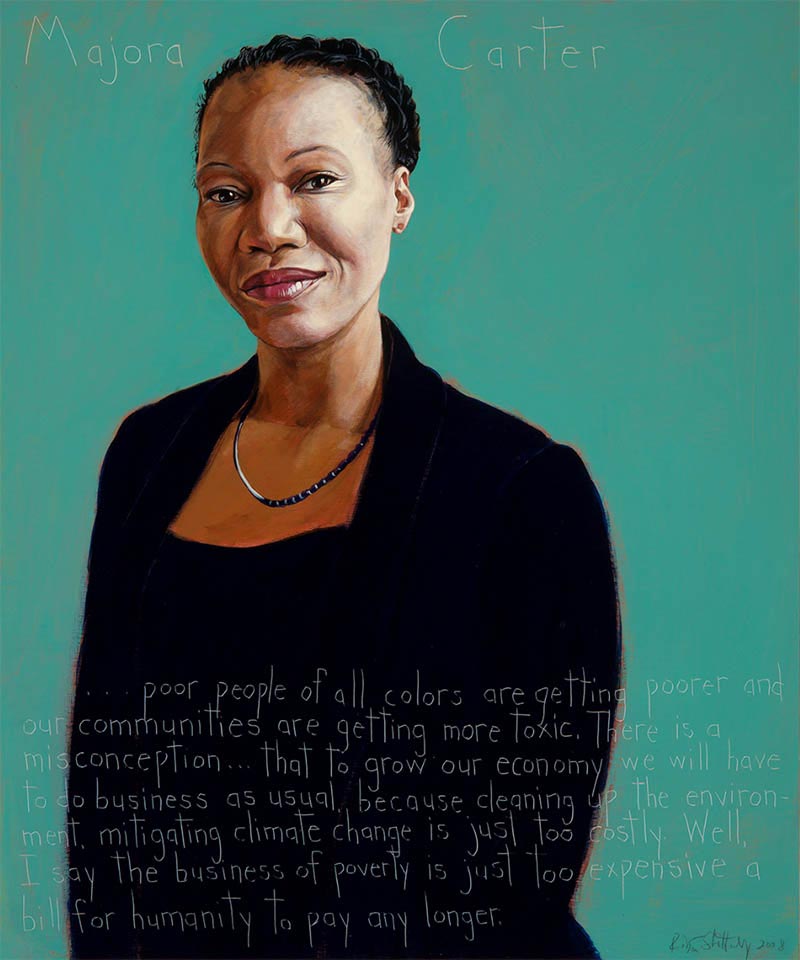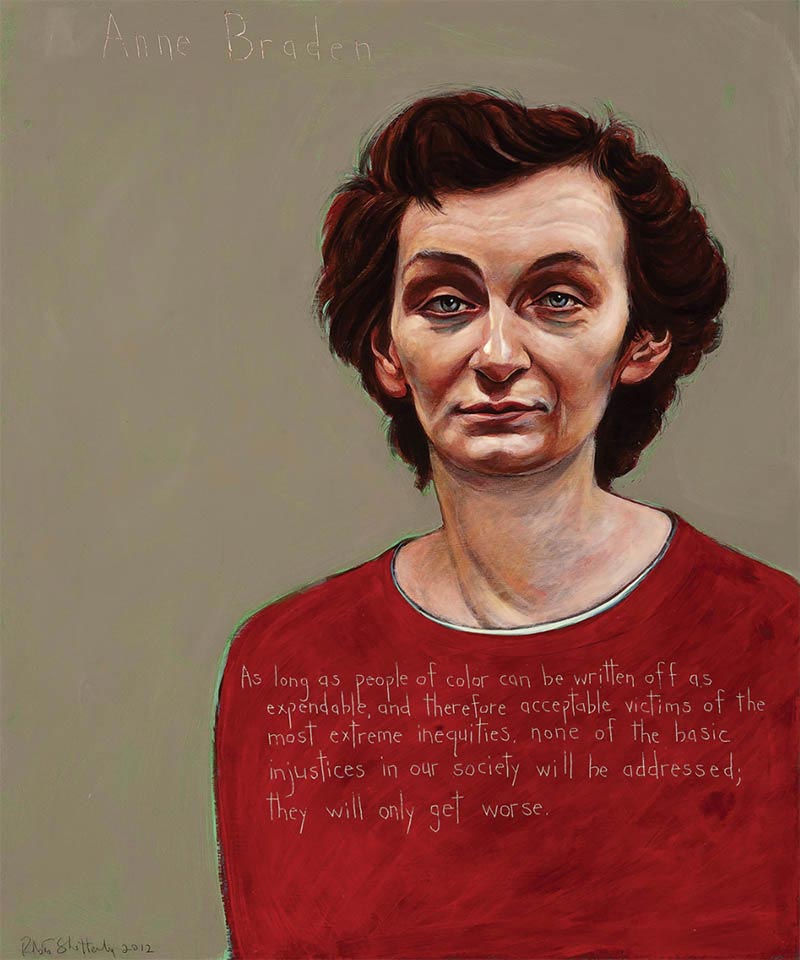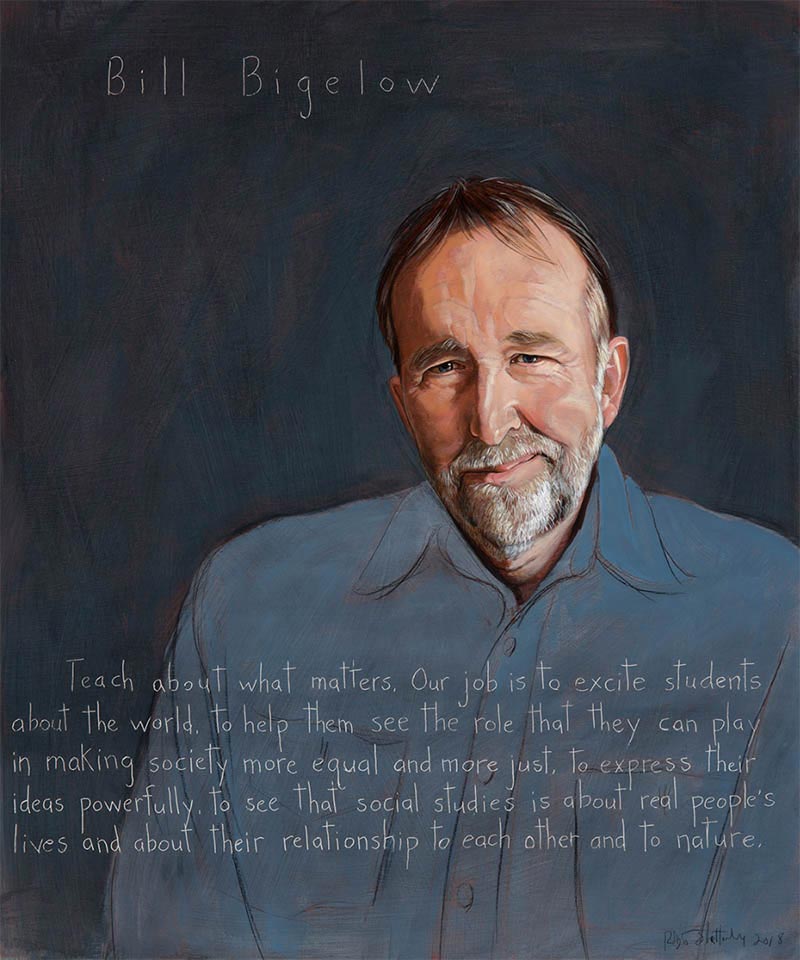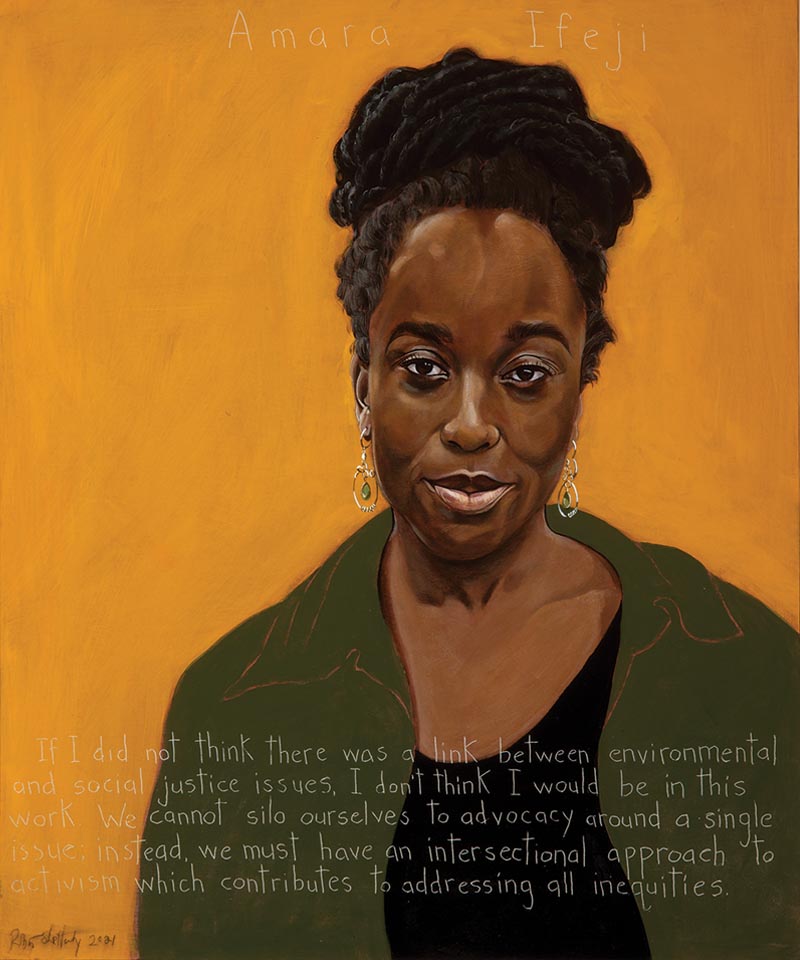
Amara Ifeji
Environmental and racial justice activist : 2001 -
“If I did not think there was a link between environmental and social justice issues, I don’t think I would be in this work. We cannot silo ourselves to advocacy around a single issue; instead, we must have an intersectional approach to activism which contributes to addressing all inequities.”
Biography
Maine Environmental Education Association, Grassroots Development Coordinator
Nature Based Education Consortium, Co-chair of the Communications Task Force
Multicultural Student Union for BIPOC students at Bangor High School, founder
Climate Education Advocacy, working group member
Student at Northeastern University
Awards: North American Association for Environmental Education 30 under 30; National Geographic Young Explorer
Amara Ifeji believes “environmental justice is social justice; these movements are intertwined.”
Ifeji, a North American Association for Environmental Education 30 Under 30 awardee and a National Geographic Young Explorer Award recipient, is an environmental justice advocate who works in environmental science, policy, and mentorship. From Bangor, Maine, she is the Grassroots Development Coordinator for the Maine Environmental Education Association and serves on the Nature Based Education Consortium. At the core of her work, she executes what she terms the three pillars of organizing: “grassroots, community science, and policy.”
Ifeji grew up in the D.C. area where she loved playing outside, though she received little environmental education. When she moved to Maine in 2011 she remembers “peering out over the large expanse atop Cadillac Mountain at something I had never seen before growing up in an urban city.” She then felt compelled to protect the beauty of the natural world and began to seek out more opportunities to engage with the environment. She became president of Bangor High School’s Stormwater Management and Research Team and loved going out in the field to sample water from the Penobscot River for both safety and recreational use.
Her first social activist efforts arose out of racism at her high school. When she was 14, in a class discussion on slavery, a teacher asked students to think about white supremacy and why white people thought they were superior. Iefji recalls, “… some white student said, ‘because we are,’ and just went on to glorify white supremacy.” Ifeji established the Multicultural Student Union for BIPOC students to be able to share their experiences of racism at a school that contained a culture of white supremacy. She and others advocated for school-wide cultural competence opportunities and brought their plans to the school board, where they were dismissed. The Bangor Daily News reported on Ifeji and other students’ experiences in “Racism is My High School Experience,” and Ifeji outlined a set of demands that received over 6,500 signatures. This public support, along with the attention from the article, prompted the school board to finally listen. The board accepted all demands, conducted a formal investigation, and following several meetings with Ifeji, instituted district-wide Diversity and Inclusion Training for faculty and students. Driving home from school in anger with her sister Kosi was a regular occurrence until her school shut down in March due to COVID-19. Ifeji told the Bangor Daily News, “It is exhausting being a student of color at Bangor High School, so I was so happy to have had these last three months off because I physically can’t deal with the students in my class anymore.”
Ifeji saw her passions for the environment and racial justice as distinct until she attended the Maine Environmental Change Makers Gathering at age 16. She heard from speakers who prompted her to reflect on the barriers she herself faced to creating a connection with the environment, including race and socioeconomic status. With her lived experiences in mind, she began promoting environmental leadership in the state at large to work to eliminate the barriers she and millions of others have faced. In her acceptance of the National Geographic Young Explorer award, Ifeji argued, “If someone has a connection to the outdoors and grew up playing outdoors, they’re going to stick with that connection and they’re not going to let the environment be exploited.” She advocates for the importance of both individual connections to the environment and educational experiences to spark change.
Ifeji’s advocacy is deeply tied to the sharing and expanding of personal environmental narratives, permitting more individuals to have access to stories that lead to connections to the world around them. In her Future Focus Webinar with Maine Audubon, she emphasized her conviction that “the outdoors is not just a place for an individual who looks this way or has these resources, but [that] it is a human right.”
As the Grassroots Coordinator for the Maine Environmental Education Association, Ifeji has led a network of over 400 youth to create social and environmental action in their own communities. She serves on the Nature Based Education Consortium and the Climate Education Advocacy working group guiding other environmental stewards to protect local bodies of water. Ifeji and other youth members met with the Maine Climate Council in 2020 where she shared her story about the importance of climate education through a social justice lens in K-12 schools. The group successfully helped pass the “Maine Won’t Wait” four-year climate resiliency plan through Governor Janet Mills.
In her role as the Co-chair of the Communications Task Force within the Natured Based Consortium, Ifeji has led a storytelling initiative about the outdoors for BIPOC people, highlighting both stories that allow individuals to see themselves in the environment and stories that bring attention to the barriers that exist for many BIPOC people and prompt change.
A student at Northeastern University Ifeji studies politics, philosophy, and economics with a concentration in energy and environmental policy. As she continues to engage in policy work at a larger scale, she maintains the pillars of grassroots and community science in all her advocacy. With lived experience as a catalyst, she empowers and connects individuals and communities to mobilize climate justice efforts and is steadfast in her commitment to allow all students to learn about climate change in her fight for a “more just, equitable, and climate-resilient future.”
Related Portraits
Programs
Americans Who Tell the Truth (AWTT) offers a variety of ways to engage with its portraits and portrait subjects. Host an exhibit, use our free lesson plans and educational programs, or engage with a member of the AWTT team or portrait subjects.

Education
AWTT has educational materials and lesson plans that ask students to grapple with truth, justice, and freedom.

Exhibits & Community Engagement
AWTT encourages community engagement programs and exhibits accompanied by public events that stimulate dialogue around citizenship, education, and activism.
